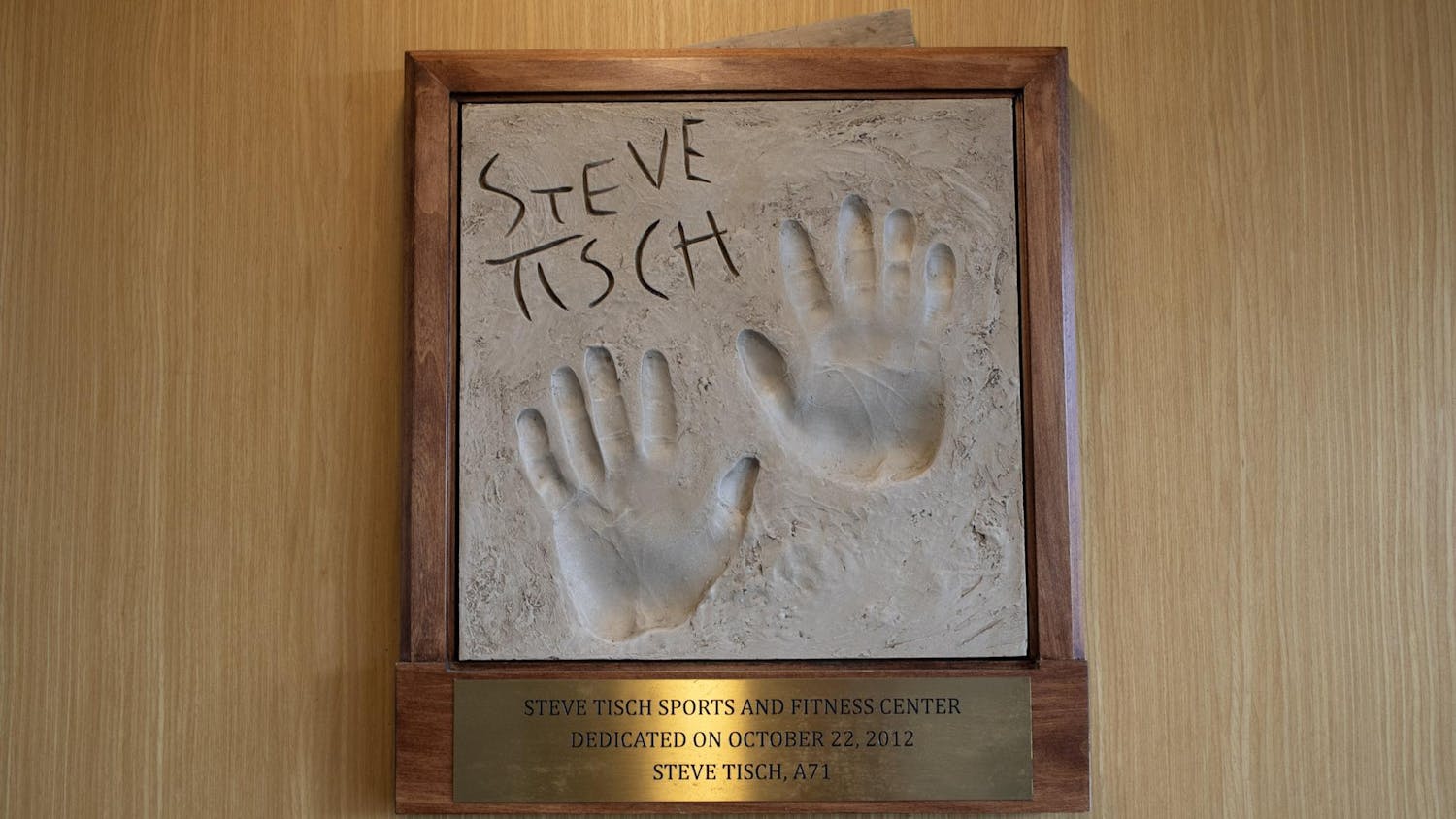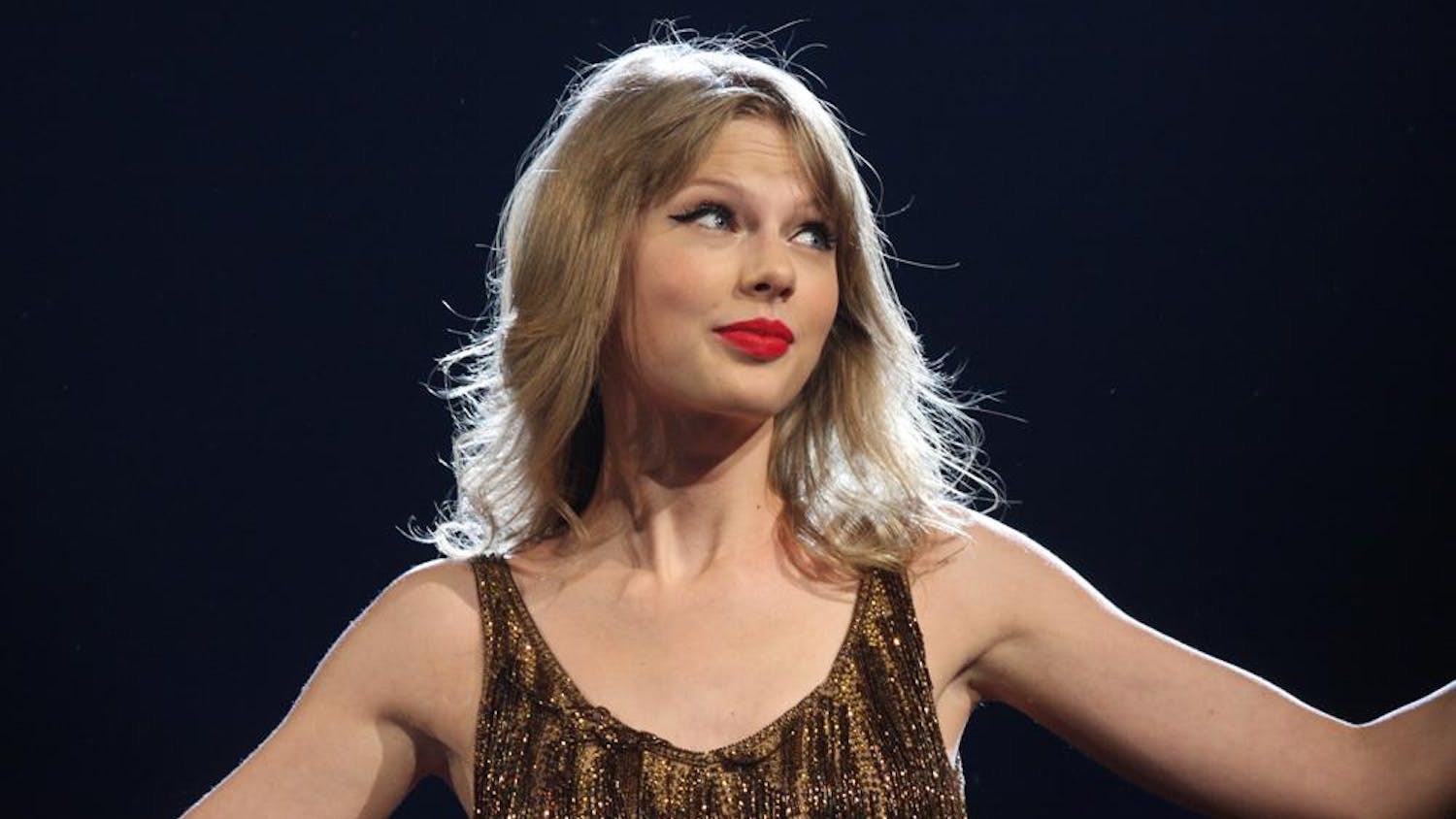With Democrats re-occupying the White House, conservative billionaire Charles Koch has suddenly developed an interest in bipartisanship. Charles, along with his brother David, spent decades building a network of hardcore, right-wing academics, elected officials and political operatives to influence nearly every level of American government. This ultra-conservative network was all too successful in impeding progress on climate change, privatizing public goods and services and stripping health care and other rights from our nation’s workers.
This did not just happen in far-off states and towns. Here in Massachusetts, Suffolk University cut ties with the conservative-backed Beacon Hill Institute in 2016. Now, Tufts University has been infiltrated Koch-style with the creation of the Center for State Policy Analysis, or the cSPA. Tufts has an outstanding reputation for academic excellence and independent thought. It should follow the lead of Suffolk University and free itself from the pernicious effects of Koch influence.
What’s at stake here?
According to UnKoch My Campus, a project of the nonprofit Essential Information fighting the influence of Koch funding in academia, “the Koch network has been the largest driving force behind climate misinformation in the United States. This has stalled government action on climate change, disrupted efforts by the states to transition to renewable energies, and paved the way for the Trump administration's privatization of public lands.”
With the current sea change in American politics, the Koch team is trying a new playbook. Charles has gone so far as to promote a newly published book in which he says he regrets his family’s contribution to recent political division. One sentence especially made headlines: “Boy, did we screw up!”
These statements should be understood primarily as an attempt to rehabilitate Charles Koch and his network, as they have become increasingly toxic to work with in mainstream institutions. The Koch network derives much of its influence from blandly named academic centers that get taken seriously because of the credibility of the institutions they attach themselves to.
For example, the George Washington University Regulatory Studies Center relies heavily on Koch-sponsored researchers and almost universally advocates against regulation.The center’s future is threatened by students organizing to push it off campus.
Charles Koch’s network continues to expand to new institutions. Tufts received its first major Koch grant in 2017 — $3 million for the creation of a new Center for Strategic Studies.The donation received relatively little backlash because it went to academics deeply skeptical of foreign intervention who made credible-sounding statements about remaining independent. This is one of a few traditionally progressive causes the Kochs have dabbled in.
The second Koch donationto Tuftshappened less than a year ago, and it should set off alarm bells for everyone who cares about the future of our community.
Opened in February, Tufts’ Center for State Policy Analysis received a founding grant from Emergent Ventures, a program of the Mercatus Center, where Charles Koch sits on the board and influences hiring decisions. Tufts’ Center for State Policy Analysis describes itself as a nonpartisan source of information for state lawmakers modeled after the Congressional Budget Office, a government agency that reviews proposed legislation. However, its funding, structure and research interests closely resemble the ideologically driven state policy centers backed by the Kochs across the country.
While it is inherently difficult to identify specific cases of research bias, cSPA’s report on Massachusetts’ Ballot Proposition 2, which would have created a system of ranked-choice voting, questioned the constitutionality of the initiative and seems to have directly led toan opinion article in the Boston Globe against the proposition. The op-ed, written by a reviewer of the cSPA report, extensively cites the work of the report's lead researcher and uses similar arguments and structure, with the added step of explicitly opposing ranked-choice voting.
The center is also financially supported by Blue Cross Blue Shield of Massachusetts, and it intends to review options for addressing rising prescription drug costs in the state. As the state's largest health insurance company, Blue Cross Blue Shield has a direct financial stake in the outcome of cSPA's research. It doesn’t stop there. The Center for State Policy Analysis recently issued a report with outcomes critical of the Transportation Climate Initiative, which would force the Kochs and other dirty-energy producers to pay for the harm their products inflict on communities, our health and the climate.
The report models the Transportation Climate Initiative, using different assumptions about baseline carbon emissions than previous models toproduce far higher estimates for its effects on the cost of gasoline.Backers of the TCI dispute multiple aspects of cSPA’s methodology, saying it overestimates the cost of electric vehicles, discounts the effectiveness of emissions reduction programs and fails to fully account for a likely price cap that would prevent the kind of gas price increases the study suggests. Matthew Casale, the environment campaigns director for the U.S. Public Interest Research Group, said that while they welcome"rigorous and intellectual critique and review [of the TCI] … anytime that critique is carried out with oil industry funding, it should raise eyebrows. We shouldn't be putting big oil interests over public health and the climate."
The Center for State Policy Analysis is not capable of producing the kind of objective analysis that it claims to provide. Defenders of the center may point to academic freedom, but the greater threat to academic freedom is the Koch network’s well-documented history of suppressing opposing viewpoints, influencing hiring decisionsand even dictating research outcomes.
Far from an objective resource, cSPA is the Koch network’s latest attempt to gain a foothold in Massachusetts politics. Koch network activities are well-known and shouldn’t be given the benefit of the doubt. In 2016, Suffolk University cut ties with the Beacon Hill Institute. Tufts should do the same with cSPA.
Nathan Foster is an alumnus of Tufts University (LA '18) and a former student trustee representative. Nathan can be reached at nsfos01@gmail.com.
Amanda Westlake is a sophomore studying computer science and a member of Sunrise Tufts. Amanda can be reached at Amanda.Westlake@tufts.edu.
Julia Silberman is a sophomore studying biochemistry and a member of Tufts Climate Action. Julia can be reached at Julia.Silberman05@tufts.edu.





